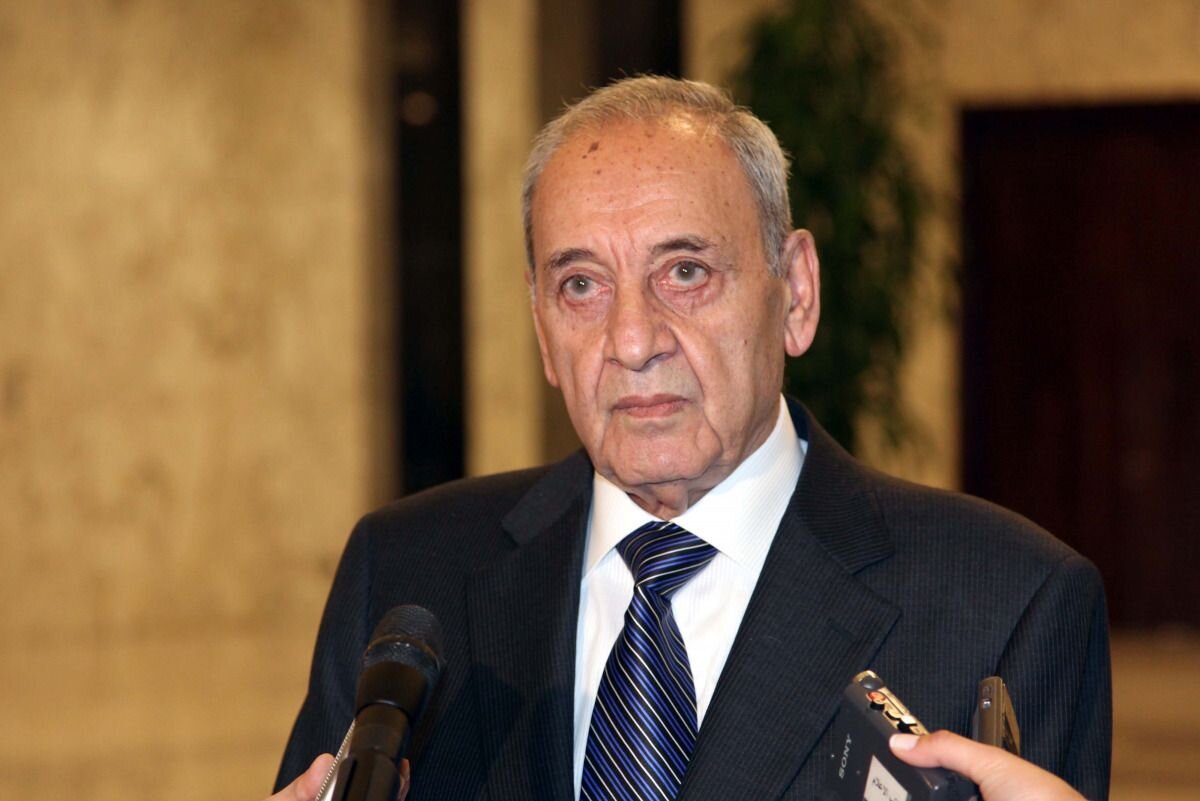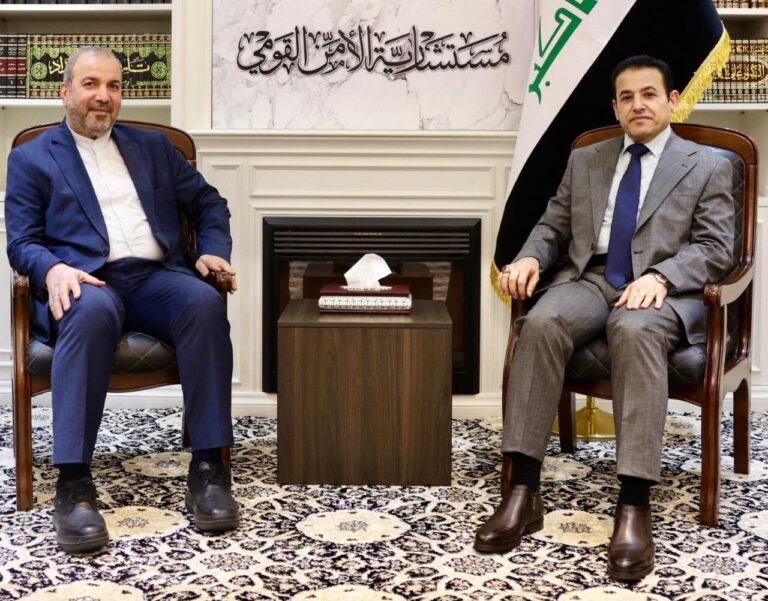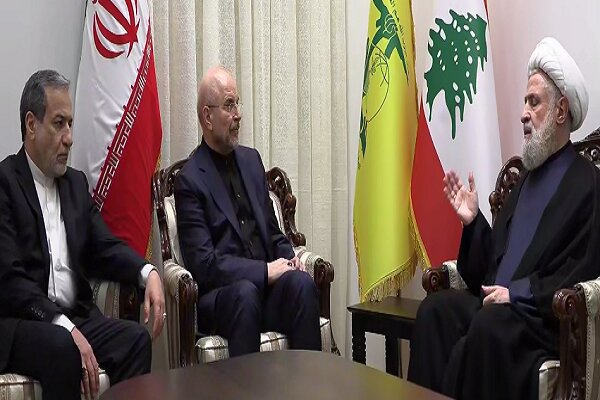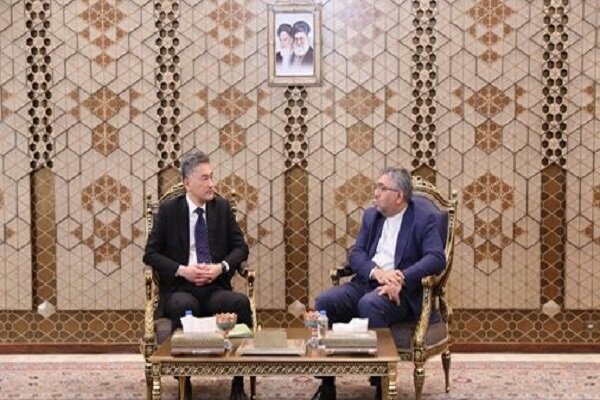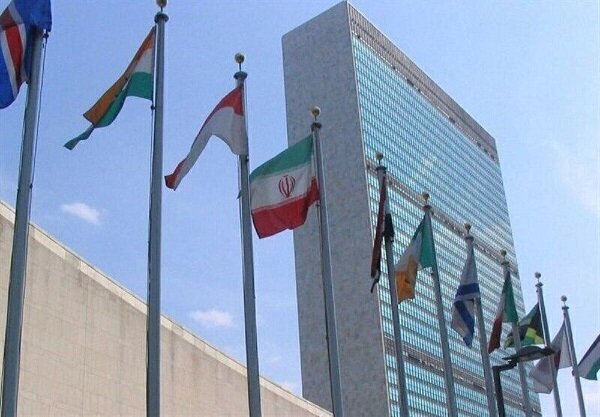Lebanon Denies Israeli Request to Maintain Presence in Five Southern Sites
In a recent statement, Speaker Nabih Berri emphasized the ongoing tensions surrounding the Israeli occupation in Lebanon. He announced that the United States had communicated plans regarding the withdrawal of Israeli forces from certain villages, with a scheduled date of February 18. However, Berri made it clear that there would still be five locations where Israeli presence would be maintained.
Berri’s strong stance against the proposal was conveyed, stating, “I informed them in my name and on behalf of President General Joseph Aoun and Prime Minister Judge Nawaf Salam of our absolute rejection.” This statement underscores the Lebanese leadership’s firm opposition to any arrangement that does not ensure complete withdrawal of Israeli forces.
Earlier in the week, Berri had discussions with US Ambassador to Lebanon Lisa Johnson and US Major General Jasper Jeffers. These talks were part of the negotiations surrounding the ceasefire agreement, which outlines the conditions for the withdrawal of Israeli troops and the deployment of Lebanese military forces in the southern region.
- The ceasefire deal includes a plan for the Lebanese military to work alongside United Nations peacekeepers.
- The Israeli army is expected to withdraw over a 60-day timeline, which has been extended until February 18.
- Hezbollah, the Lebanese resistance movement, is also required to vacate its positions during this period.
As the February deadline approaches, there are escalating fears that the Israeli regime may intend to prolong its occupation of Lebanese territory. Berri pointedly remarked, “It is the responsibility of the Americans to enforce the withdrawal.” This statement indicates that Lebanon is looking toward the United States to uphold its commitments and ensure that the withdrawal process is carried out effectively.
The situation remains precarious, with various stakeholders involved in the process. The Lebanese government is advocating for a complete withdrawal, while the continued presence of Israeli forces in select areas raises significant concerns about the stability in the region. The ongoing negotiations and diplomatic efforts will be critical in determining the future dynamics between Lebanon and Israel.
In summary, the recent developments highlight the intricate balance of power and the complexities surrounding the Israeli occupation of Lebanese territories. As Lebanon prepares for potential changes, it is crucial for the international community, particularly the United States, to play a constructive role in facilitating a resolution that respects Lebanon’s sovereignty and territorial integrity.
For more updates on this evolving situation, stay tuned to our news coverage.
